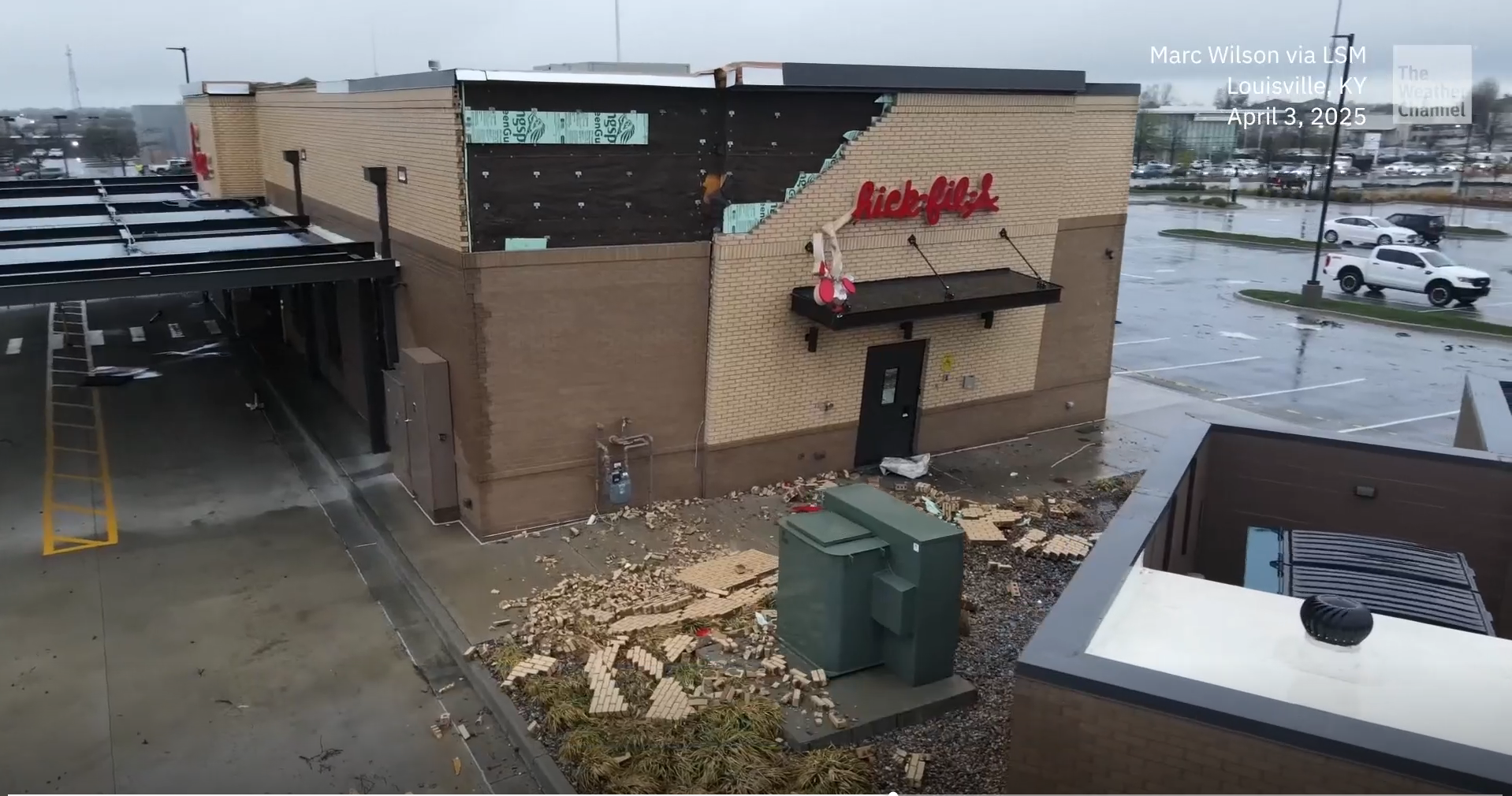In September, Back Bay Church in Ocean Springs, Mississippi, became the first known Southern Baptist church to offer cryptocurrency as a giving method alongside more traditional channels.
Bivocational pastor and church planter Adam Bennett, a self-described tech nerd, said, “I talked with a few others in the church who were into crypto, which grew into a discussion about it,” he said. “Then I did some research and found that the Salvation Army accepts it. I looked into their platform and ended up deciding to use a different one for us.”
Cryptocurrency got its start in 2008 by a man, or a woman, or a group of people under the pseudonym Satoshi Nakamoto. No one seems to know for sure. A paper about Bitcoin, the most common form of cryptocurrency, appeared on a mailing list discussion about cryptography.
Bennett said a basic way to view cryptocurrency is not in terms of straight dollars but as a transfer of value similar to stocks. Another comparison is like an arcade, where a specified amount of money is exchanged for a token that can be used in that particular setting.
While Bitcoin is the most familiar cryptocurrency, it’s hardly the only one. Bennett, a certified residential real estate appraiser, also invests in the second-most popular, Ethereum, as well as Bitcoin Cash, Dai, Dogecoin, Litecoin and USD Coin.
Say that again…
For most Southern Baptists — and the general public — crypto terms like those as well as blockchain, halving, and exchange don’t inhabit the daily vocabulary. The difference in cryptocurrency between a “cold wallet” or “hot wallet” doesn’t depend on whether you’re standing in Fargo or Phoenix.
Its mysterious beginnings and otherworldly terms contribute to the hesitancy many still have about its usage, but nevertheless that usage has undeniably grown.
“It’s not normal [in churches] today, but can be in the future as more people become interested in cryptocurrency,” said Bennett, who himself started investing in crypto in August of last year.
“One reason Back Bay did this is because I’m an early adopter and like to be on the cutting edge of things, but we also have other people who are invested in crypto,” he said. “We want to take some of our assets we’ve invested, see it appreciate in value and give it to the work of the church.”
The decentralized platform of crypto can also become important in the future for providing financial assistance in countries with troubled or otherwise unusable financial systems.
“For missionary work, we have people who are in some of these areas,” Bennett said. “We can get money to them quickly, within minutes or even seconds, for a very small fee of perhaps hundredths of a cent. They would then transfer to whatever currency they need to make transactions on the ground.”
There are already non-profits using crypto to transfer value from one country to another, he noted. “Transactions in some third world countries can’t happen quickly and cheaply.” Those nonprofits are using crypto to efficiently get funding for projects such as building wells, he said.
Expected to grow
Bennett pointed out that Back Bay Church is cautiously dipping its toe into crypto at this point. However, he’s expecting its usage to grow in the years to come. For now, he encourages others to do their own research before following suit.
“Our church started because there was some interest. It was more of curiosity, but it is an asset so if someone wanted to donate to our church like they would with a parcel of land, they can. Then we can sell it and use that money for the mission of God,” the pastor said.
Bennett, a former student pastor at Bayou View Baptist Church in Gulfport, Mississippi, for 11 years, holds a master of divinity degree from Southeastern Baptist Theological Seminary in Wake Forest, North Carolina. For more information, Bennett can be contacted at adamscottbennett@gmail.com.
EDITOR’S NOTE — This story originally appeared at Baptist Press, news service of the Southern Baptist Convention, and was edited/updated by The Baptist Record.










